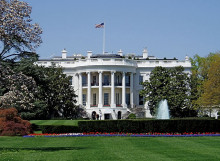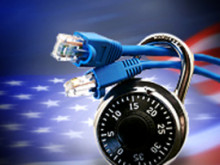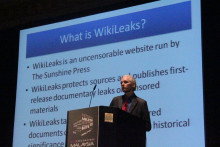US critical infrastructure security bill likely dead
A White House-backed cyber security bill on Thursday failed to secure the necessary votes needed to bring it to a full Senate vote, effectively guaranteeing that legislation governing computer protection responsibilities for the private sector will have to wait at least another year before being passed.
The largely Democrat-supported Cybersecurity Act of 2012 would have incentivized those companies that operate critical infrastructure to meet a series of security best practices, as part of a voluntary program.











































































